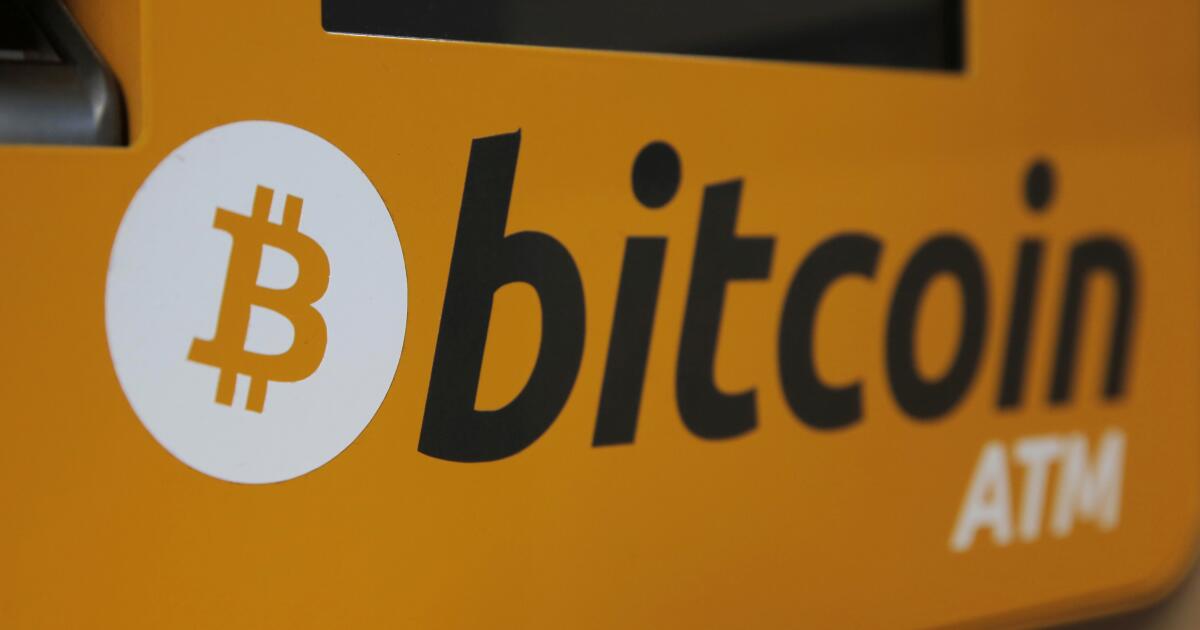New California law limits cash to crypto at ATM machines at $1000 per day per person and also the fees that can be imposed by the machines.
The industry says this will hurt the business, hinting that they’re profiting from the lack of KYC policies
I don’t see any legitimate use from those machines. Who would have a legit need to exchange $15k from cash to crypto at 33% fees???



You did not answer my question, is the history of transaction on a block chain? Are the transactions listed to wallets?
Yes or no?
Yes to your first question no to your second.
The ledger is open in public and verifiable.
The wallet IDs involved in transactions are not including the transaction amounts. I’ll reference you to the wiki.
I’m not a mathematician, I’m not a cryptographer, so I cannot defend the mathematics with you. I referenced the bounty to indicate that the problem has not been solved. I referenced the Wikipedia for more details. If you want to ask them specific questions about the protocol, you can join the matrix conversation, or even the Reddit community is pretty active.
So, all transactions are listed on a ledger? That is publicly accessible?
Then it is not anonymous. Flat out.
Verifying a transaction exists, and verifying that the transaction occurred is not the same as making the destination address, and the amount public.
This goes into the crypto note bulletproof proofs. Kind of like homomorphic encryption, I don’t have to trust a third party to do cryptographic operations, as long as they don’t have the key they can do the cryptographic operations and I can trust the outputs.
All it takes is one transaction on a wallet to be concretely connected to you and then every pervious transaction is clearly linked back to you. And that link does not have to be digital, it can be as simple as you being found in person with an item purchase through the system.
The strength of the encryption and cleverness of the protocols with in the system are irrelevant if there is a public list of transactions.
In your scenario that’s not true. If you reveal yourself in the transaction. That reveals that transaction.
But using just that data in the public ledger, does not reveal your transaction history
This is due to the crypto note architecture, and their use of bulletproofs. Every transaction is verifiable, but the outputs and inputs of that transaction are not.
That being said, if you give up The wallet private read key, then somebody could use that Read key and go through the public ledger and find your transactions. But that’s not publicly available, that private read key is yours, you don’t give that up. Even if you accidentally tell people this transaction is yours
The way the value of a wallet is calculated is by the sum of previous transactions. For a transaction to be verified, previous transactions must be summed to show a positive balance larger than the payment. That means all previous transactions made by that wallet are publicly available and linkable.
If they were not, then there would be no way to verify that your wallet had enough value to make a transaction.
If all transactions are linkable to a wallet, than one real world link can be used to link all previous transactions.
Ergo, not anonymous.
https://www.getmonero.org/library/Zero-to-Monero-2-0-0.pdf
Chapter 5 page 43. Address how amounts are hidden. Commitments, and range proofs, but ring CT is the thing you really care about - The main mechanism by which transaction amounts and spend limits are verified.
Ring CTs, range proofs both rely on bulletproofs.
The zero to monero document references the bulletproofs, but does not go through the math and that document. If you want to also verify the bulletproof math here’s the bulletproof paper https://eprint.iacr.org/2017/1066.pdf
All transactions are listed on the chain. All transactions can be linked to a wallet to prove the liquidity of the wallet.
Therefore all previous transactions made by a wallet are public record.
Not, anonymous.